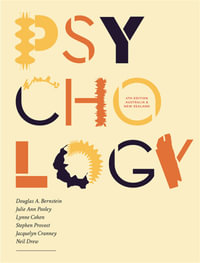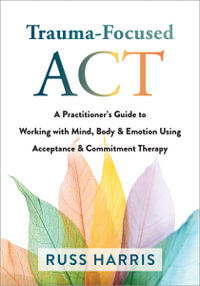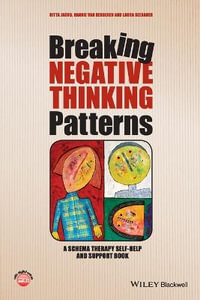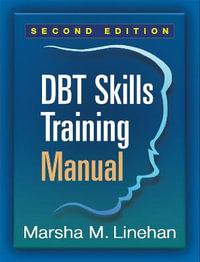'The cases are presented from the perspective of those who have violated the ethics code and those sitting on the panel, providing narratives and information on how the decisions were made, bringing seemly abstract concepts into real life situations, taking in details that decide the penalties issued, if any. Each chapter concludes with thought-provoking questions to aid reflection for anyone with interests in psychology, regardless of their background and experience.' - Kathy Williams, Assistant Psychologist in Learning Difficulties and Adult Mental Health
'Keith-Spiegel has used her skills and experience well. Red flags in psychotherapy opens the debate on these important issues, and describes just how easily well-meaning therapists can get caught out. There is though one further key point: namely that therapists with a capacity and willingness to reflect on their own, within supervision and with peers, can and do protect their clients and themselves. Beware of thinking this book
is not for you. Just thinking that you do not need it proves that you do!!' - Lesley Haswell, Metanoia Institute,British Journal of Guidance and Counselling
' All in all, even as the evidence is not wholly consistent, Marks makes a strong case for the dominant and increasingly dominant role of achievement in the allocation process. This argument does not mean that this trend will inexorably continue, that ascription does not condition chances for achievement, or that there are no persisting and significant inequities. Gender? Race? Yet to those who deny the relatively large impact of achievement and the "decline of the social," the gauntlet is down.'- Paul Kingston, Chicago Journals
"This superb book by Professor Keith-Spiegel, one of our preeminent ethicists, gives us what so many ethics texts lack: real people facing real problems in the messiness of real life. She shows us ourselves without our make-up; holds up the mirror to our complex motivations and blind spots; and opens the door to a living ethics. This unique and invaluable book should find its way not just into each ethics curriculum and every psychologist's library but into our minds as we face each day's ethical challenges." - Kenneth S. Pope, PhD, ABPP, Diplomate in Clinical Psychology
"Through real life, visual details, and ordinary daily struggles, Patricia Keith-Spiegel presents stories that open the heart to understanding the ethical challenges, blind spots, red flags, and impairments found in the practice of psychotherapy and those who practice. This is an excellent resource for teaching ethics." - Jane Warren, PhD, LPC, LAT, LMFT, Assistant Professor, University of Wyoming
"Patricia Keith-Spiegel has given every psychotherapist a gift - an engaging, powerful, and helpful discussion of the ethical issues they will face in their practices, if they haven't already. If you are thinking about putting this book back on the shelf - don't. You owe it to yourself and to your clients to read this book, learn the red flags in psychotherapy, and take its message to heart." - Anthony R. Pratkanis, PhD, Professor, University of California, Santa Cruz; co-author Age of Propaganda and Weapons of Fraud
'The cases are presented from the perspective of those who have violated the ethics code and those sitting on the panel, providing narratives and information on how the decisions were made, bringing seemly abstract concepts into real life situations, taking in details that decide the penalties issued, if any. Each chapter concludes with thought-provoking questions to aid reflection for anyone with interests in psychology, regardless of their background and experience.' - Kathy Williams, Assistant Psychologist in Learning Difficulties and Adult Mental Health
"The members of the fictional ethics committee are a mixed but likeable group. Their initial, sometimes quite emotional responses are quickly channelled towards a clear and logical conclusion. The humour can be surprisingly appropriate in context. Overall, the committee acts professionally but with heart, demonstrating considerable empathy and compassion. Written for psychologists and psychotherapists in the US, the ethical dilemmas and the way they are investigated are equally relevant to therapists working in the UK. Despite its US focus, I would highly recommend it." - Angela Cooper, BACP senior accredited supervisor, therapytoday.net
"I recommend this book highly. It is a quick and interesting read, its cases are drawn from real life, and it is full of practical wisdom. For better or worse, we typically teach ethics to graduate students who lack sufficient experience to find ethical reflection and rules highly relevant. It is not entirely clear that we can learn from the experiences of others-but it sure seems worth a try." - James DuBois, PsycCRITIQUES
























